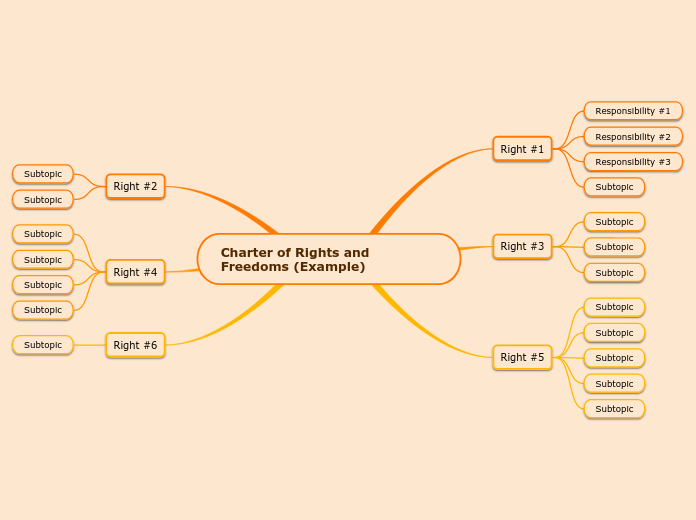arabera Adalyn Graham 6 years ago
146
Civil Rights
The Supreme Court case of Miranda v. Arizona established crucial legal protections for individuals undergoing police interrogation by ensuring that they are informed of their rights, including the right to remain silent and the right to a counsel.









